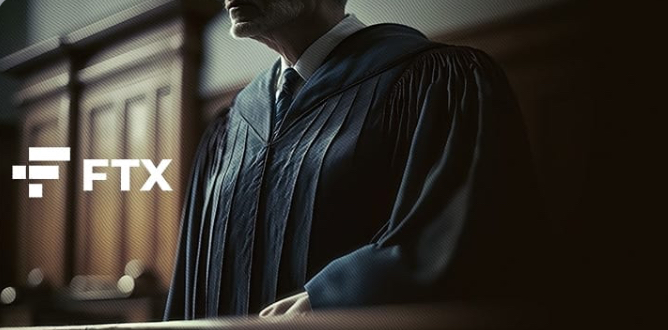Before FTX victims can get their money back, the IRS needs their claim settled.
The IRS claims that the cryptocurrency exchange owes $24 billion in unpaid taxes.
During a bankruptcy hearing, a federal judge acted to resolve a long-running disagreement between FTX and its biggest creditor, suggesting the court may attempt to expedite the recovery of FTX customers’ monies from the estate of the defunct cryptocurrency exchange.
The crypto exchange’s outstanding balance with the Internal Revenue Service (IRS) has been the stumbling block to compensating the many victims of the exchange, and a hearing to resolve this matter has been set for early next year by U.S. Judge John Dorsey of the Delaware Bankruptcy Court. Before FTX victims can get their money back, the IRS, who is FTX’s biggest creditor, needs their claim settled.
$24 Billion in Unpaid Taxes
Despite calling FTX’s bankruptcy “a complicated case,” the court emphasized the need of moving swiftly to address the matter at the bankruptcy hearing.
The Judge stated:
“The idea here in bankruptcy, tax court bankruptcy, is we’re trying to get to conclusions occlusions quickly and be as accurate as possible without wasting a lot of time and resources of the state or the other creditors.”
The IRS has persistently sought judicial acknowledgment of its assertion that the cryptocurrency corporation owes $24 billion in unpaid taxes, which it claims are based on its own calculations.
The impact on the IRS’s recovery from FTX’s tax liability as estimated by the court is uncertain. Judge Dorsey cautioned the Internal Revenue Service (IRS) to reduce its expectations of a multi-billion dollar recovery, despite the fact that it is often one of the first creditors to receive payments in corporate bankruptcy cases.

